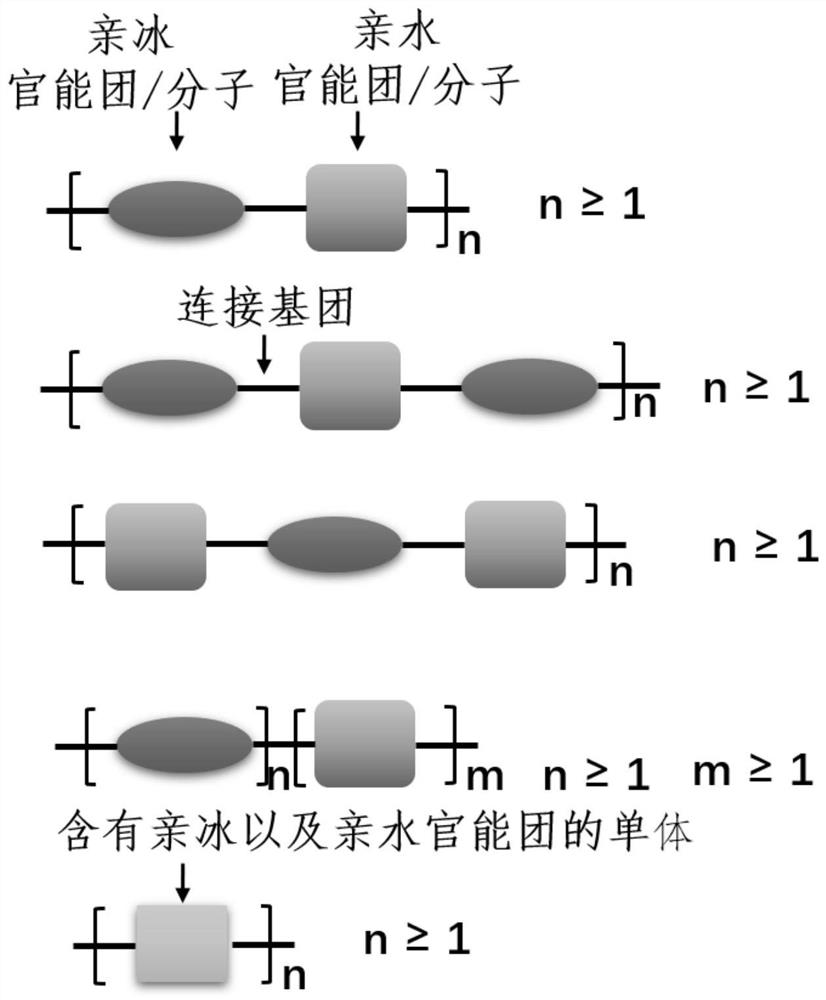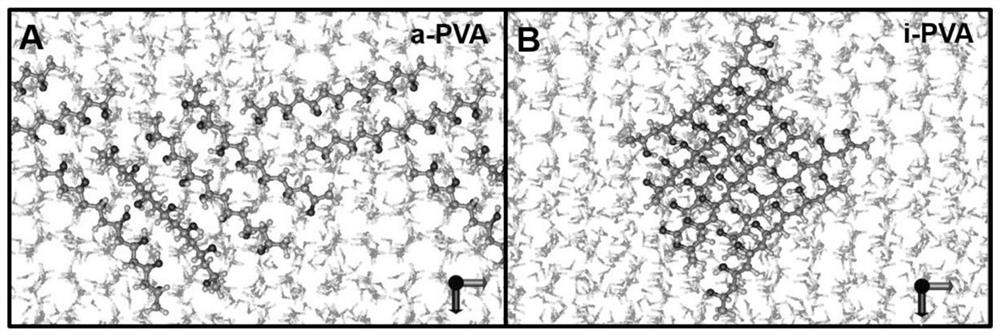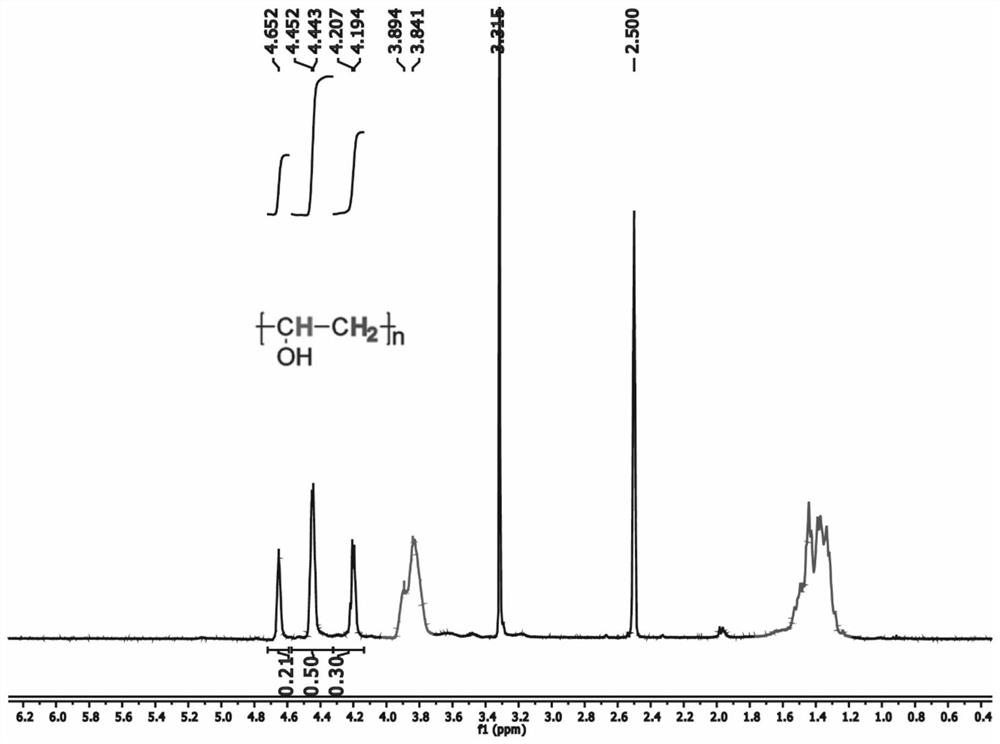Molecular design method of ice control material
A molecular design and molecular technology, applied in the field of materials, can solve problems such as heavy workload and low efficiency
- Summary
- Abstract
- Description
- Claims
- Application Information
AI Technical Summary
Problems solved by technology
Method used
Image
Examples
specific Embodiment approach
[0048] As a specific embodiment of the present invention, the ice control material may contain compounds of the following structure:
[0049]
[0050] Wherein, R is selected from substituted or unsubstituted alkyl groups, and the substituents can be selected from -OH, -NH 2 , -COOH, -CONH 2 etc., for example, R is substituted or unsubstituted C 1-6 Alkyl, preferably R is -CH 3 、-CH 2 CH 3 、-CH 2 CH 2 COOH; n is an integer greater than or equal to 1 and less than or equal to 1000, for example, may be an integer within the range of 1-100. In some embodiments of the present invention, n is an integer of 2, 3, 4, 5, 6, 7, 8, 9, 10.
[0051] Specifically, the ice control material can be designed as a compound of any of the following structures:
[0052]
[0053] As a specific embodiment of the present invention, during the molecular dynamics calculation process of the MD simulation, a V-rescale (modified Berendsen) temperature controller and a pressure controller adju...
Embodiment 1
[0057] (1) Compound molecular structure design:
[0058] Designs containing -[CH 2 The compound molecule of the repeating unit of -CHOH]- is obtained to obtain a molecular structure library including random and isotactic polyvinyl alcohol molecular models.
[0059] (2) MD simulation experiment
[0060] The affinity differences between atactic polyvinyl alcohol and isotactic polyvinyl alcohol for ice and water were predicted by MD simulation experiments.
[0061] a. MD simulations are all completed by GROMACS 5.1, and the water model is TIP4P / 2005, whose melting point is about 252.5K. The interaction parameters of PVA molecules are provided by the GROMOS54A7 force field, and the leapfrog integration algorithm is used, and the integration step is 2fs. The electrostatic interaction is calculated by the PME method, and the cut-off radius of the Coulomb interaction potential and the L-J interaction potential are both 1.0 nm. Temperature and pressure were regulated by V-rescale ...
PUM
 Login to View More
Login to View More Abstract
Description
Claims
Application Information
 Login to View More
Login to View More - R&D
- Intellectual Property
- Life Sciences
- Materials
- Tech Scout
- Unparalleled Data Quality
- Higher Quality Content
- 60% Fewer Hallucinations
Browse by: Latest US Patents, China's latest patents, Technical Efficacy Thesaurus, Application Domain, Technology Topic, Popular Technical Reports.
© 2025 PatSnap. All rights reserved.Legal|Privacy policy|Modern Slavery Act Transparency Statement|Sitemap|About US| Contact US: help@patsnap.com



